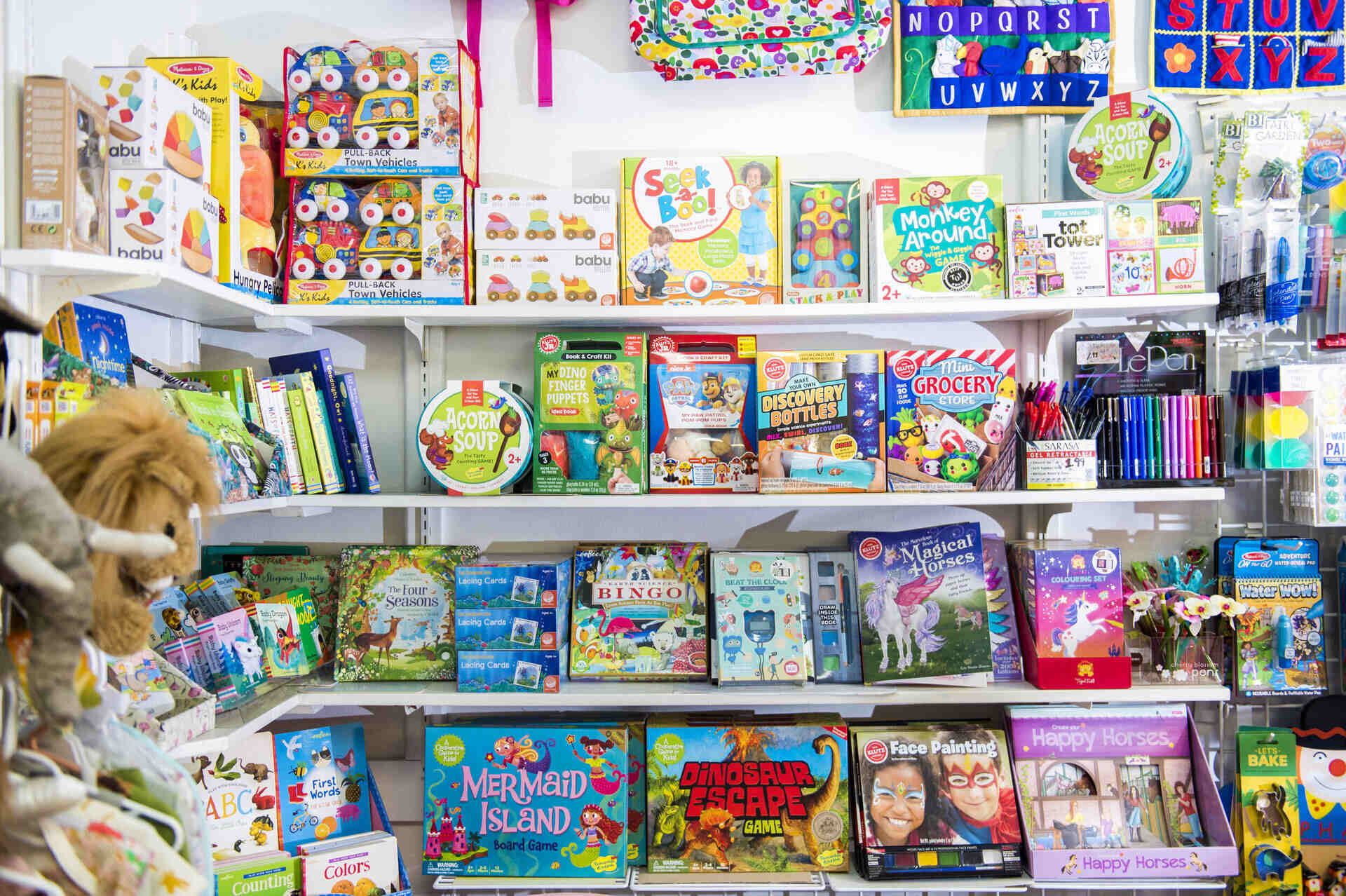

Articles
How To Store Games And Puzzles
Modified: January 8, 2024
Discover the best storage options for your games and puzzles with our informative articles. Keep your collection organized and protected for hours of entertainment.
(Many of the links in this article redirect to a specific reviewed product. Your purchase of these products through affiliate links helps to generate commission for Storables.com, at no extra cost. Learn more)
Introduction
Board games, puzzles, card games, and video games are all popular forms of entertainment that bring people together and challenge their cognitive skills. Whether you are an avid gamer or just enjoy occasional game nights with friends and family, it is important to properly store and organize your collection. Not only does proper storage help preserve the longevity of the games and puzzles, but it also makes it easier to find and retrieve them when you’re ready to play.
In this article, we will discuss various storage options and provide helpful tips to keep your games and puzzles in top-notch condition. We’ll cover everything from choosing the right storage solutions to organizing your collection and maintaining the games for years to come. Let’s dive in!
Key Takeaways:
- Properly storing and organizing games and puzzles is crucial for their longevity and your gaming experience. Choose the right storage options, follow specific tips for each game type, and maintain your collection to ensure years of enjoyment.
- Implementing maintenance and preservation tips, such as handling with clean hands, storing in a temperature-controlled environment, and regularly inspecting for damage, will help ensure your games and puzzles remain in excellent condition for countless hours of enjoyment.
Read more: How To Store Puzzle
Choosing the Right Storage Options
When it comes to storing your games and puzzles, there are several factors to consider. The type of game or puzzle, the size of your collection, and the available space in your home all play a role in determining the best storage solution. Here are some options to consider:
- Shelving Units: Invest in sturdy shelving units that can accommodate your collection. Opt for adjustable shelves to accommodate games and puzzles of varying sizes. Ensure the shelves are deep enough to prevent items from falling off.
- Cabinets and Credenzas: If you prefer a more enclosed storage option, cabinets and credenzas are a great choice. Look for designs with customizable compartments or drawers to keep different types of games separate.
- Storage Boxes: For smaller collections or those with limited space, storage boxes are an efficient and compact option. Choose boxes that are durable, stackable, and large enough to hold multiple games or puzzles.
- Storage Bags: If you need a portable storage solution, consider using storage bags. They are lightweight and easy to carry, making them ideal for taking games and puzzles on trips or to gatherings.
- Hanging Wall Racks: To save space and add a decorative touch, hanging wall racks are a great choice. They allow you to display your favorite games and puzzles while keeping them easily accessible.
When selecting storage options, always prioritize quality and durability. Look for materials that are sturdy and can withstand the weight and wear of your collection. Additionally, consider the aesthetic appeal of the storage solutions to ensure they complement your home decor.
Remember to measure the available space before purchasing any storage units to ensure they fit properly. Make use of vertical space by utilizing wall-mounted shelves or racks. This not only maximizes storage capacity but also adds an interesting visual element to your gaming area.
Now that you have some storage options in mind, let’s move on to specific tips for storing different types of games and puzzles.
Tips for Storing Board Games
Board games often have multiple components, including game boards, cards, tokens, and figurines. Proper storage is crucial to prevent damage to these components and ensure the longevity of your board games. Here are some tips to help you store board games:
- Remove Excess Packaging: Many board games come in bulky boxes with excessive packaging. Consider removing unnecessary inserts, plastic trays, and cardboard dividers to save space and make storing the games more efficient.
- Use Ziplock Bags: Use ziplock bags to keep small game pieces, such as cards and tokens, organized and prevent them from getting lost. Label the bags to easily identify which game they belong to.
- Protect Game Boards: Game boards are often delicate and can be prone to bending. Store them flat or use a board game storage solution that keeps the boards in an upright position to prevent warping.
- Consider Storage Trays or Inserts: If you prefer to keep everything neatly organized within the game box, consider purchasing storage trays or inserts specifically designed for board games. These help separate components and make setup and cleanup a breeze.
- Stack Games Horizontally: When storing multiple board games, stack them horizontally rather than vertically to prevent excessive weight and pressure on the lower games.
- Store in a Cool and Dry Environment: Keep board games away from moisture, extreme temperatures, and direct sunlight, as these can cause damage to the game components over time.
By following these tips, you can ensure that your board games remain in excellent condition and are ready to be enjoyed whenever you want.
Tips for Storing Jigsaw Puzzles
Jigsaw puzzles can be a delightful and challenging pastime, but they can also be a bit tricky to store due to their size and fragility. To keep your jigsaw puzzles intact and organized, consider the following tips:
- Use Puzzle Storage Trays: Puzzle storage trays are specially designed to hold and sort puzzle pieces. These trays usually come with separate compartments, making it easier to work on and store puzzles with multiple pieces.
- Invest in Puzzle Roll-Ups: Puzzle roll-up mats or boards are fantastic for storing partially completed puzzles. Simply roll up the puzzle with the mat and secure it with the provided straps or bands. This allows you to resume your puzzling session without disturbing the pieces.
- Store Puzzle Pieces Separately: If you have multiple incomplete puzzles, store the pieces in separate sealable bags or containers. Ensure each bag is labeled with the puzzle’s name or number to avoid confusion.
- Flatten and Protect Finished Puzzles: Once you have completed a jigsaw puzzle, carefully flatten it using a puzzle preserver, clear adhesive sheets, or puzzle glue. This will not only hold the pieces together but also protect the puzzle from damage.
- Choose the Right Puzzle Storage Case: Look for puzzle storage cases that can accommodate your puzzle size and piece count. These cases typically have sturdy compartments or trays that keep the pieces secure and organized. Some cases even come with handles for easy transport.
- Keep Puzzles in a Dry Environment: Moisture and humidity can warp puzzle pieces and damage the image. Store jigsaw puzzles in a cool, dry area away from any potential water sources or excessive humidity.
- Utilize Puzzle Sorting Trays: If you enjoy sorting puzzle pieces by color or shape, consider using puzzle sorting trays. These trays typically have multiple sections that allow you to sort and organize the pieces before assembly.
By implementing these tips, you can ensure that your jigsaw puzzles stay organized, protected, and ready for your next puzzling adventure.
Tips for Storing Card Games
Card games are a popular form of entertainment that often come in compact and portable packaging. To keep your card games organized and in good condition, consider the following storage tips:
- Use Card Sleeves: Card sleeves are transparent protective covers that fit over individual cards. They help prevent damage from handling and shuffling, as well as protect against spills or stains. Choose sleeves that fit the size of your cards.
- Organize Cards with Dividers: Use dividers to separate different card types within the game. This makes it easier to find specific cards during gameplay and keeps them organized within the game’s box.
- Consider Storage Boxes or Cases: If you have several card games or expansions, invest in storage boxes or cases designed specifically for card game storage. These boxes often have compartments or dividers to keep different games separate and organized.
- Label Boxes or Cases: To easily identify and locate specific card games, label the storage boxes or cases with the game’s name. This saves time and eliminates the need to search through multiple boxes.
- Store Cards Vertically: Storing card games vertically helps prevent bending or warping of the cards. Use card dividers or rubber bands to keep the cards in place and avoid them from shifting during storage.
- Avoid Extreme Temperatures: Extreme temperatures, especially heat, can cause cards to warp or stick together. Store card games in a cool, dry environment away from direct sunlight or other heat sources.
- Keep Cards Dry: Moisture can damage cards, leading to discoloration or deterioration. Ensure the storage area is free from excess moisture or humidity. Consider using moisture-absorbing packets or silica gel packets in the storage containers.
By implementing these tips, you can protect your card games from wear and tear, making them last longer and ensuring a better gaming experience.
Store games and puzzles in a dry, cool place to prevent warping or damage. Keep them in their original boxes or use plastic containers to keep all pieces together and organized.
Read more: How To Store Puzzle Boxes
Tips for Storing Video Games
Video games come in various formats, including discs, cartridges, and digital downloads. Proper storage is essential to protect your video games from damage and ensure they remain playable for years to come. Consider the following tips for storing your video games:
- Keep Discs and Cartridges in Cases: Always store your video game discs and cartridges in their original cases or protective sleeves. This helps prevent scratches and damage from dust or other debris.
- Store Discs Vertically: Storing discs vertically helps prevent warping and scratches. Use a CD or DVD storage rack to keep the discs organized and easily accessible.
- Avoid Extreme Conditions: Extremes in temperature and humidity can damage video game discs and cartridges. Store them in a cool, dry place away from direct sunlight and sources of heat or moisture.
- Organize Games by Platform: Group your video games by gaming platform (e.g., Xbox, PlayStation, Nintendo) to make it easier to find specific games when you want to play them.
- Label Storage Containers: If you have a large collection of video games, use labels or markers to identify the contents of storage containers. This saves time and eliminates the need to search through multiple cases or boxes.
- Consider Digital Storage: If you prefer digital downloads, consider investing in external hard drives or cloud storage to keep your digital game collection organized and easily accessible. Back up your digital games to prevent data loss.
- Keep Cables and Accessories Organized: Store gaming accessories, such as controllers, cables, and chargers, in designated compartments or cases. This makes it easier to find and set up your gaming gear.
- Maintain Digital Game Libraries: Keep track of your digital game library by creating folders or using digital library management tools. This helps you quickly locate and launch your games without having to scroll through numerous icons.
By following these tips, you can keep your video game collection organized, protected, and ready to be enjoyed whenever you’re in the mood to play.
How to Organize Your Game Collection
Having a well-organized game collection not only makes it easier to find and retrieve specific games but also enhances the overall gaming experience. Here are some tips to help you organize your game collection:
- Sort Games by Genre or Type: Consider grouping your games by genre or type, such as action-adventure, strategy, role-playing, or party games. This arrangement helps you quickly locate a game based on your desired gaming experience.
- Arrange Games Alphabetically: Alphabetically sorting your games by title makes it easy to find a specific game in your collection. You can organize them alphabetically by platform or by the game’s title itself.
- Utilize Game Storage Systems: Invest in game storage systems designed for specific types of games, such as board game shelves, puzzle racks, or DVD/Blu-ray storage units. These systems ensure that your games are neatly displayed and readily accessible.
- Create a Digital Inventory: For digital game collections, create a spreadsheet or use game library management software to keep track of your games. Record details like platform, genre, and purchase date to easily filter and search for specific games.
- Label Storage Spaces: If you have multiple storage spaces or containers for your games, use labels or categorize them by genre, platform, or type. This will help you quickly identify where a particular game belongs and maintain the organization over time.
- Consider Displaying Favorites: If you have limited space, consider showcasing your favorite games or collectibles. This allows you to highlight your most beloved titles and adds a visually appealing element to your gaming area.
- Create a Borrowing System: If you frequently lend games to friends or family members, keep track of borrowed games using a simple borrowing system. Use sticky notes or a digital reminder to ensure games are returned promptly.
- Regularly Update and Maintain: Set aside time periodically to review and update your game collection. Remove any games you no longer play or enjoy to create space for new additions. Dust and clean the storage areas to keep everything in pristine condition.
By implementing these organization tips, you can create an efficient and visually appealing game collection that brings joy and excitement to your gaming experiences.
Maintaining and Preserving Games and Puzzles
Proper maintenance and preservation are key to extending the lifespan of your games and puzzles. By following these tips, you can ensure that your collection remains in excellent condition:
- Handle with Clean Hands: Always handle games and puzzles with clean hands to avoid transferring dirt, oils, or moisture onto the components. This helps prevent damage and maintain the overall quality of the items.
- Store in a Temperature-Controlled Environment: Extreme temperatures can warp game boards, melt plastic, or damage puzzle pieces. Store your games and puzzles in a cool, dry place away from direct sunlight and sources of heat.
- Inspect for Damage: Regularly inspect your games and puzzles for any signs of damage, such as torn cards, missing pieces, or broken components. Repair or replace damaged items as soon as possible to prevent further deterioration.
- Keep Away from Liquids: Liquids, including water and other beverages, can cause irreparable damage to game components. Avoid placing drinks near your gaming area and take precautionary measures to prevent accidental spills.
- Use Protective Sleeves or Covers: For games with valuable or delicate components, consider using protective sleeves or covers to prevent scratching, bending, or fading. This is particularly important for collectible card games or limited edition board games.
- Regularly Rotate Games and Puzzles: Avoid leaving games and puzzles unused for too long. Regularly rotate your collection to ensure that all items are enjoyed and prevent any from being forgotten or neglected.
- Follow Game-specific Care Instructions: Some games and puzzles come with specific care instructions, particularly those with electronic components or fragile materials. Read and follow these instructions to ensure proper maintenance.
- Keep Puzzles Flat and Supported: When working on or storing jigsaw puzzles, use puzzle mats or a flat surface to prevent warping or bending of the puzzle pieces. Avoid leaning or placing heavy objects on top of unfinished puzzles.
- Avoid Excessive Force: When playing games or assembling puzzles, avoid applying excessive force or rough handling. Treat each component with care to minimize the risk of damage.
- Regularly Clean Game Components: Dust or clean game components with a soft cloth or brush to remove any dirt or debris. Avoid using harsh chemicals or abrasive cleaners that could damage the items.
By implementing these maintenance and preservation tips, you can ensure that your games and puzzles remain in excellent condition and provide countless hours of enjoyment for years to come.
Conclusion
Properly storing and organizing your games and puzzles is essential for their longevity and your overall gaming experience. By choosing the right storage options, such as shelving units, cabinets, storage boxes, or hanging wall racks, you can keep your collection organized and easily accessible.
When it comes to specific types of games, follow the tips provided to store board games, jigsaw puzzles, card games, and video games appropriately. Taking care of each type of game ensures their components remain intact, preventing damage and preserving their value over time.
Organizing your game collection is another crucial aspect to consider. Whether it’s sorting by genre, alphabetically, or by platform, find a system that works for you and makes it easy to locate and enjoy your favorite games. Don’t forget to regularly update and maintain your collection, removing any unused or damaged items to make space for new additions.
Lastly, maintaining and preserving your games and puzzles is key to their longevity. Handle them with clean hands, store them in a temperature-controlled environment, and inspect them regularly for any signs of damage. Using protective sleeves, rotating your collection, and following care instructions specific to each item will help ensure their longevity and continued enjoyment.
By implementing these strategies, you can create a well-organized, preserved, and easily accessible game collection that brings joy and entertainment to your life for years to come. So, get ready to embark on new gaming adventures, solve challenging puzzles, and create lasting memories with friends and family!
Frequently Asked Questions about How To Store Games And Puzzles
Was this page helpful?
At Storables.com, we guarantee accurate and reliable information. Our content, validated by Expert Board Contributors, is crafted following stringent Editorial Policies. We're committed to providing you with well-researched, expert-backed insights for all your informational needs.
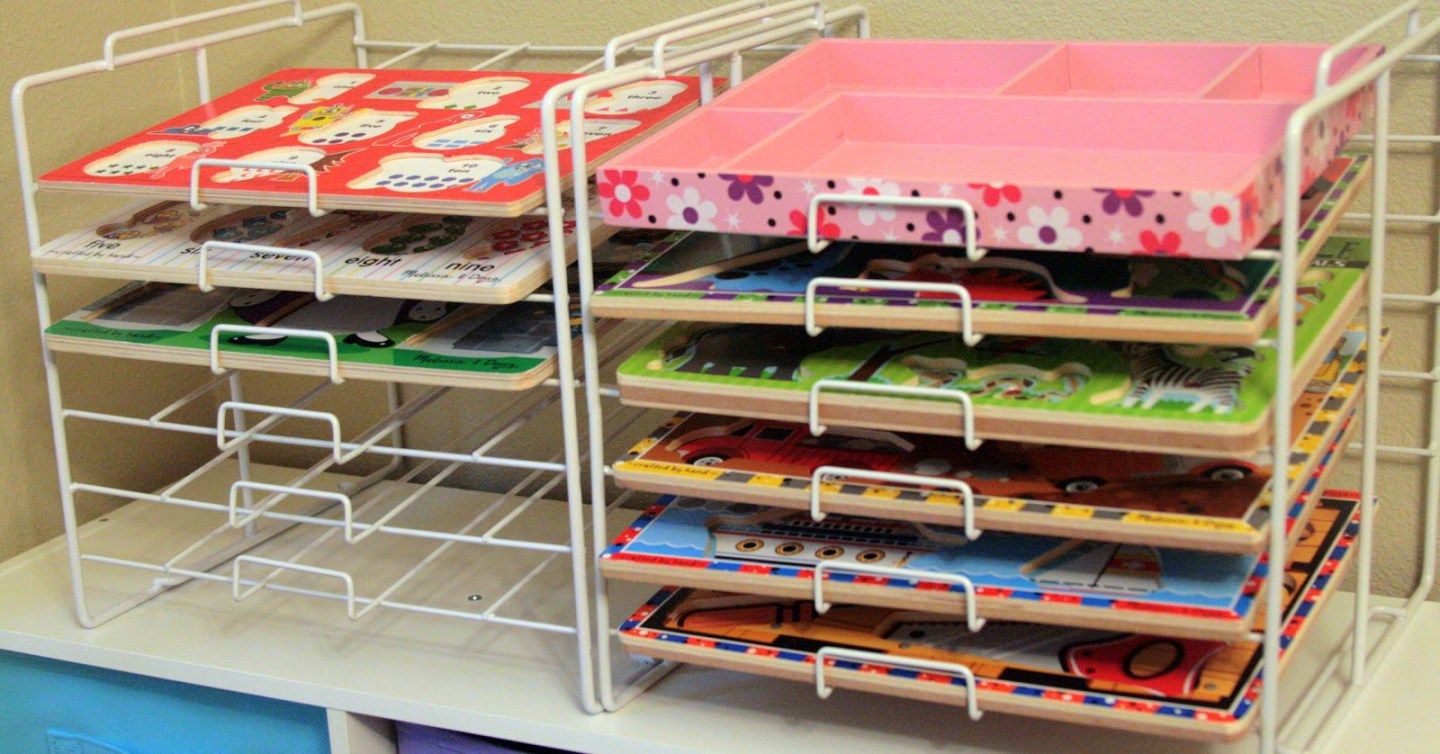
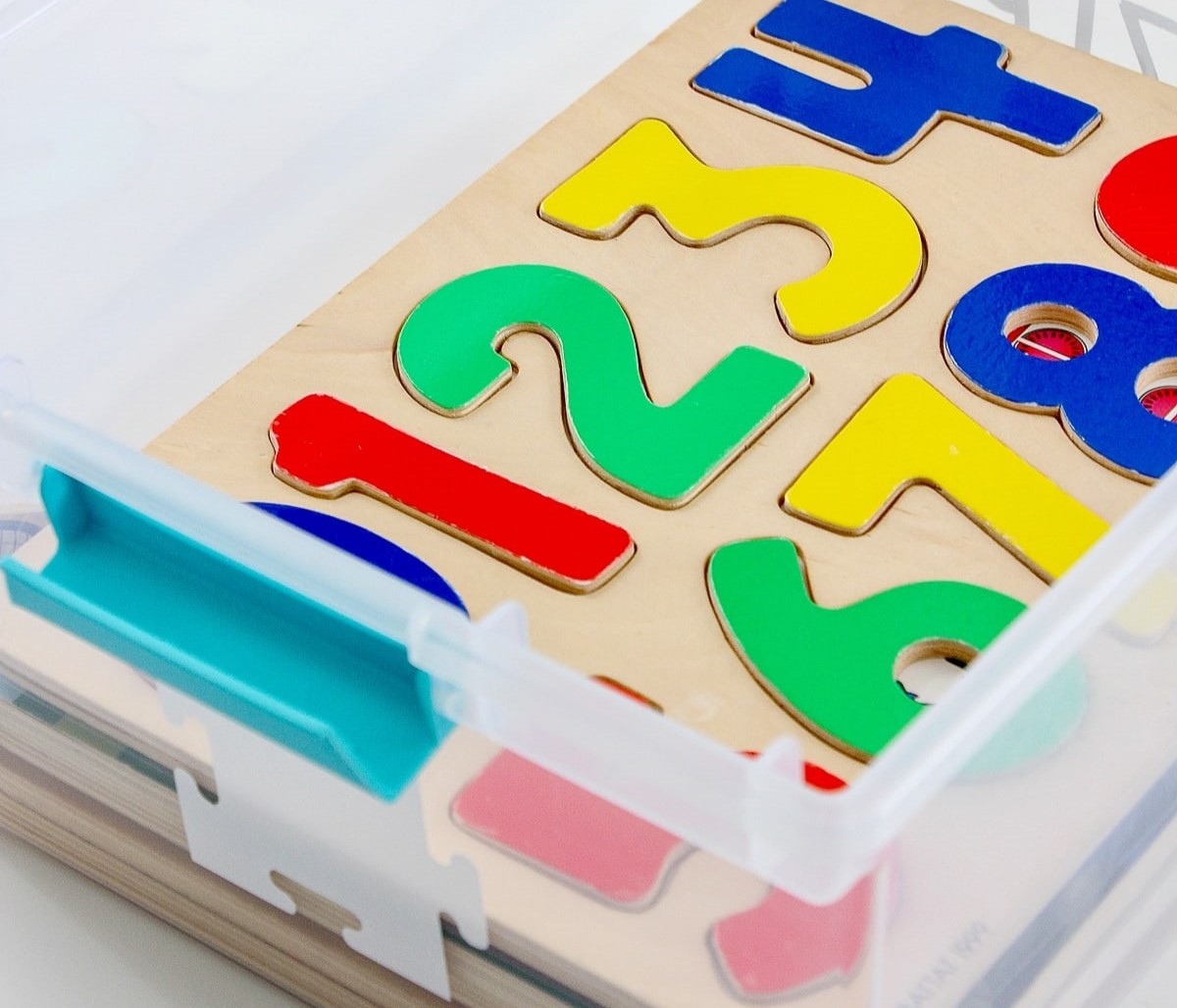
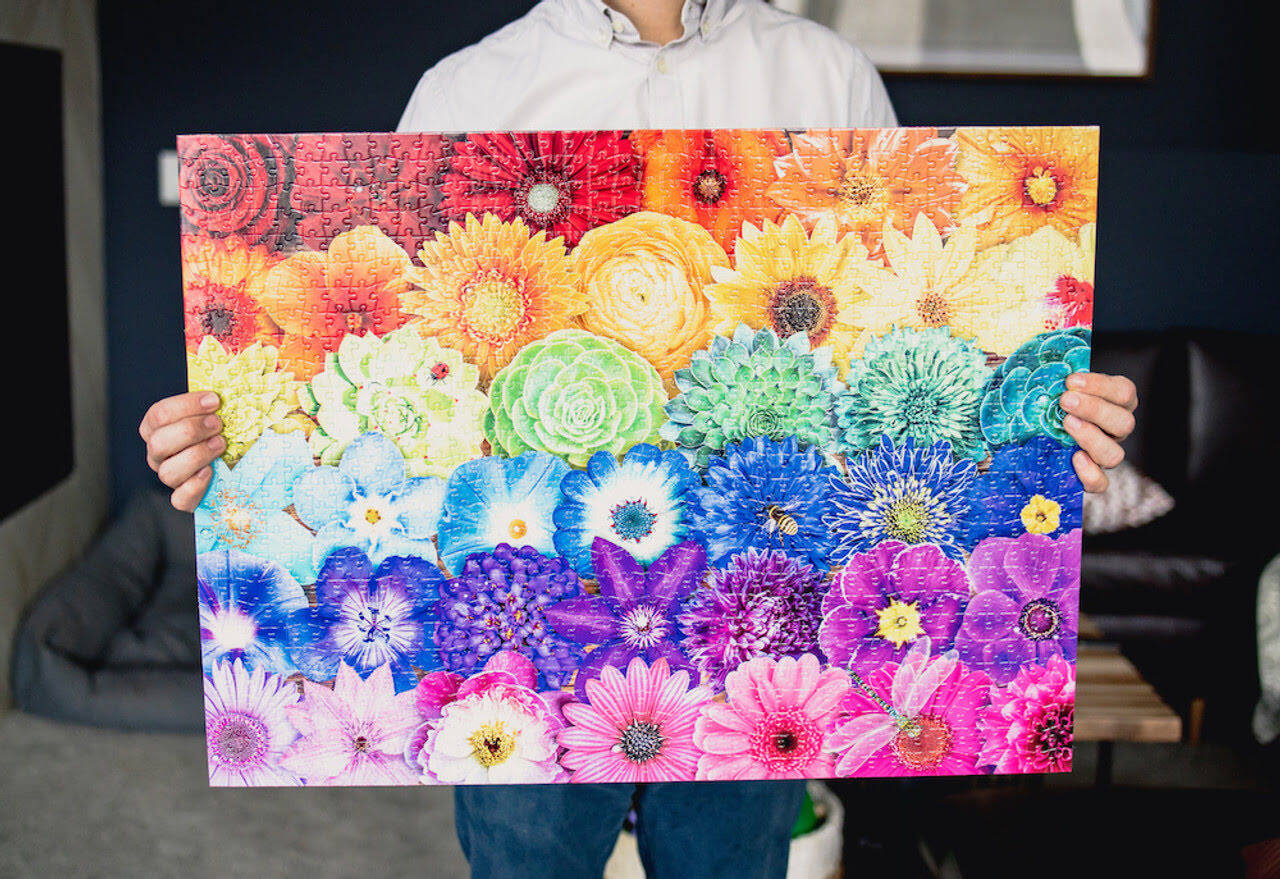
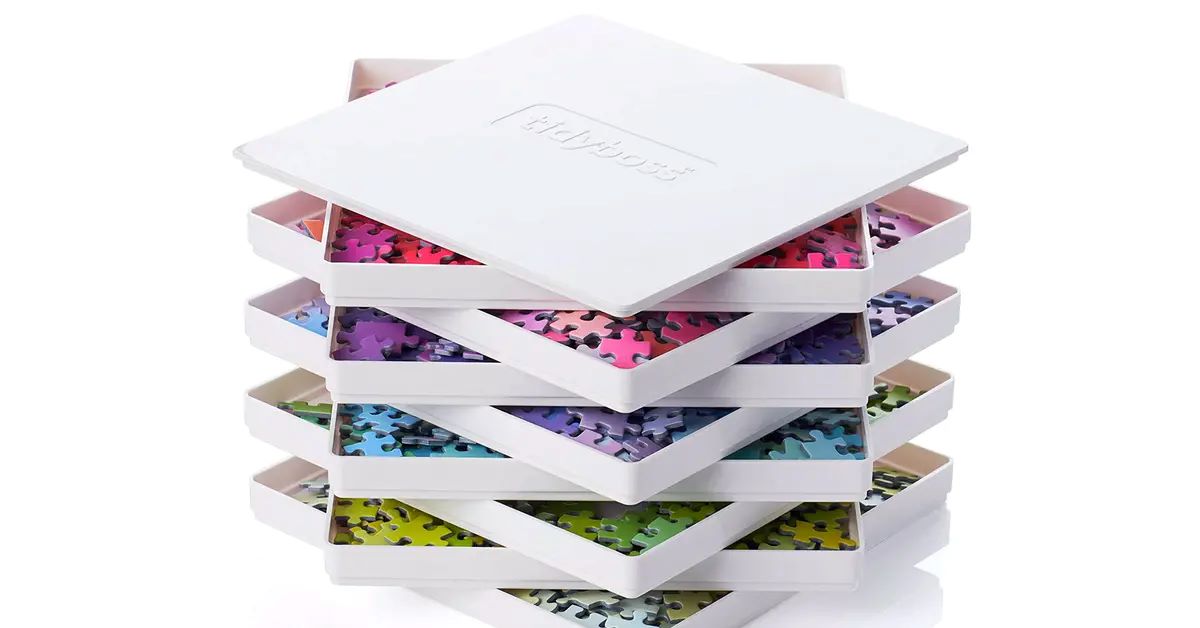
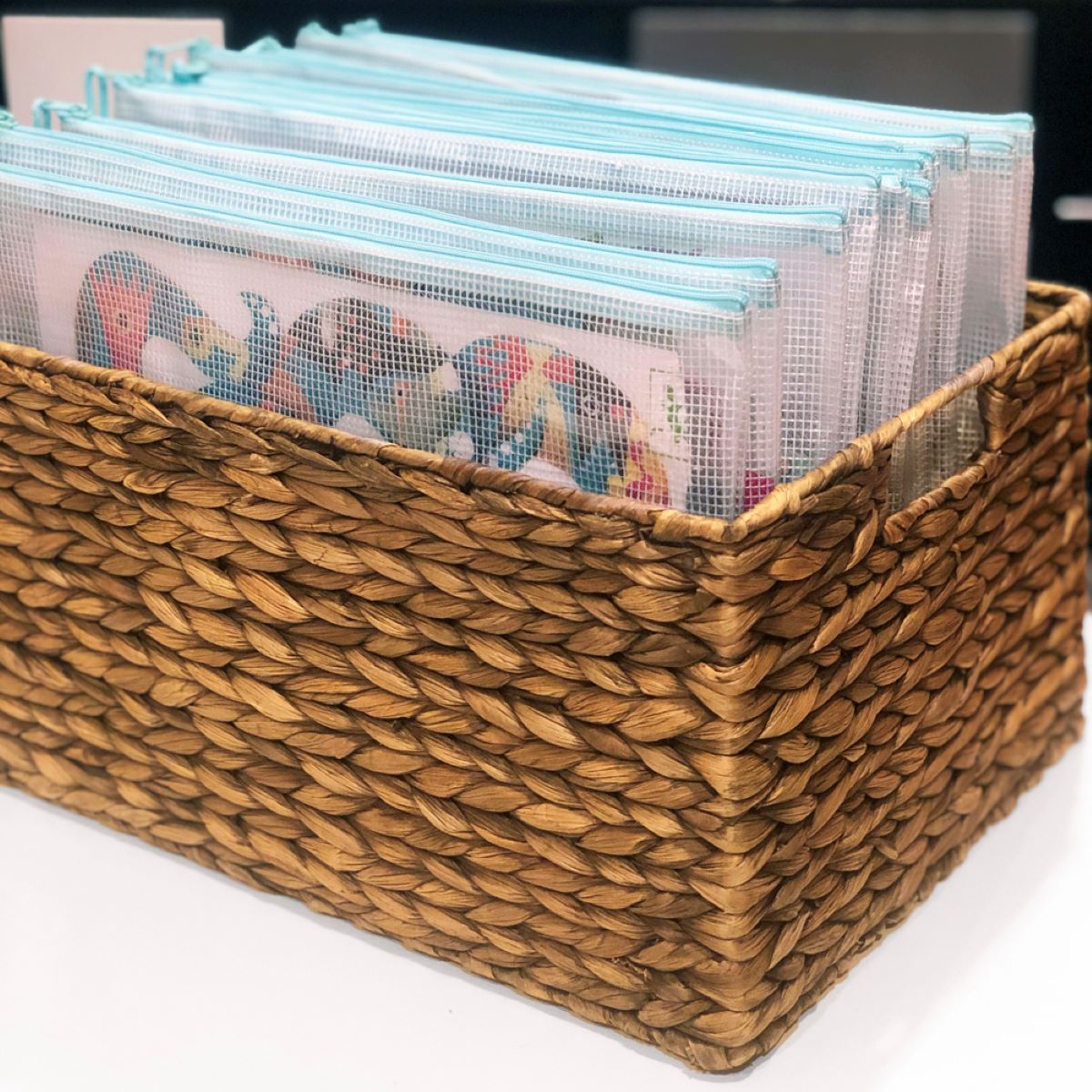
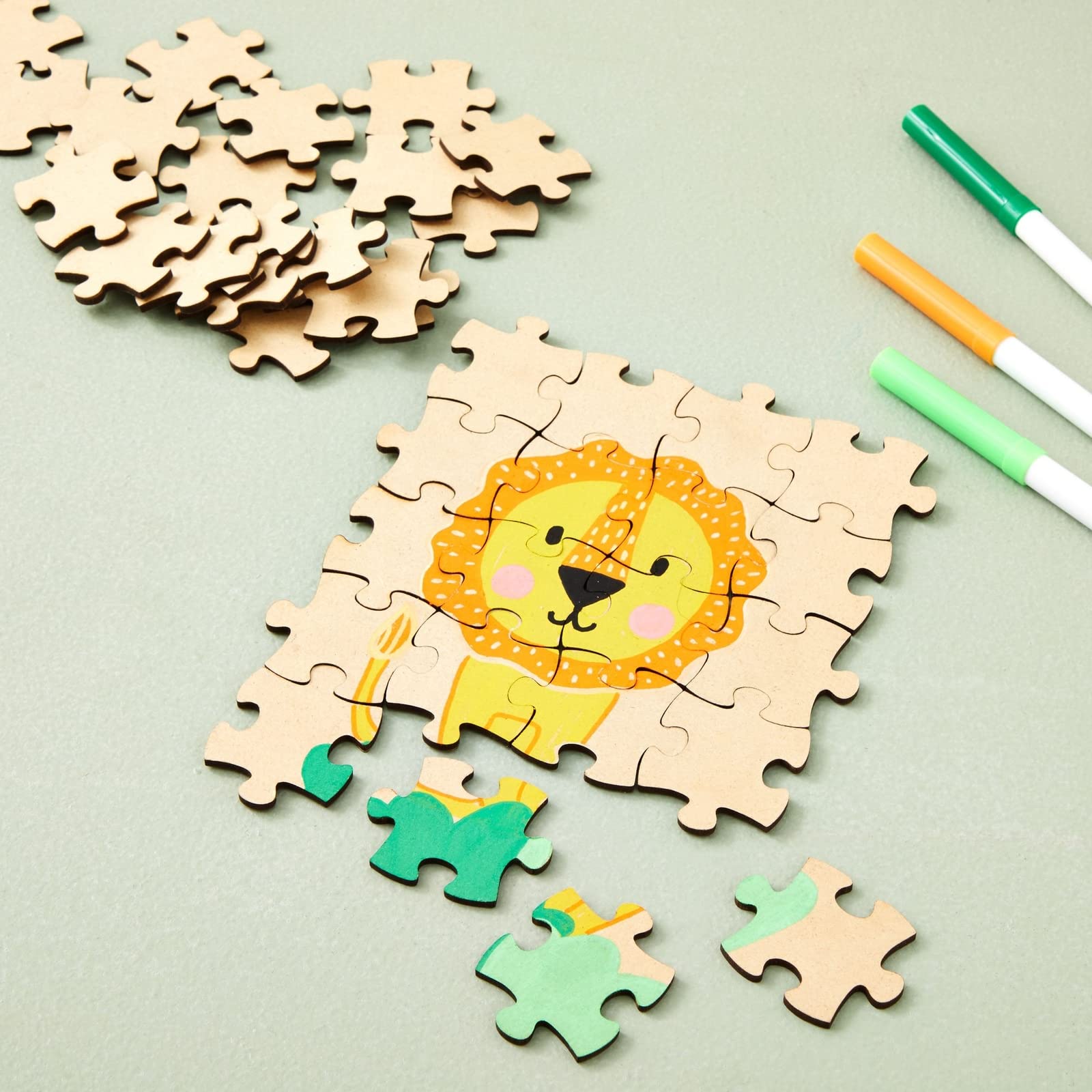
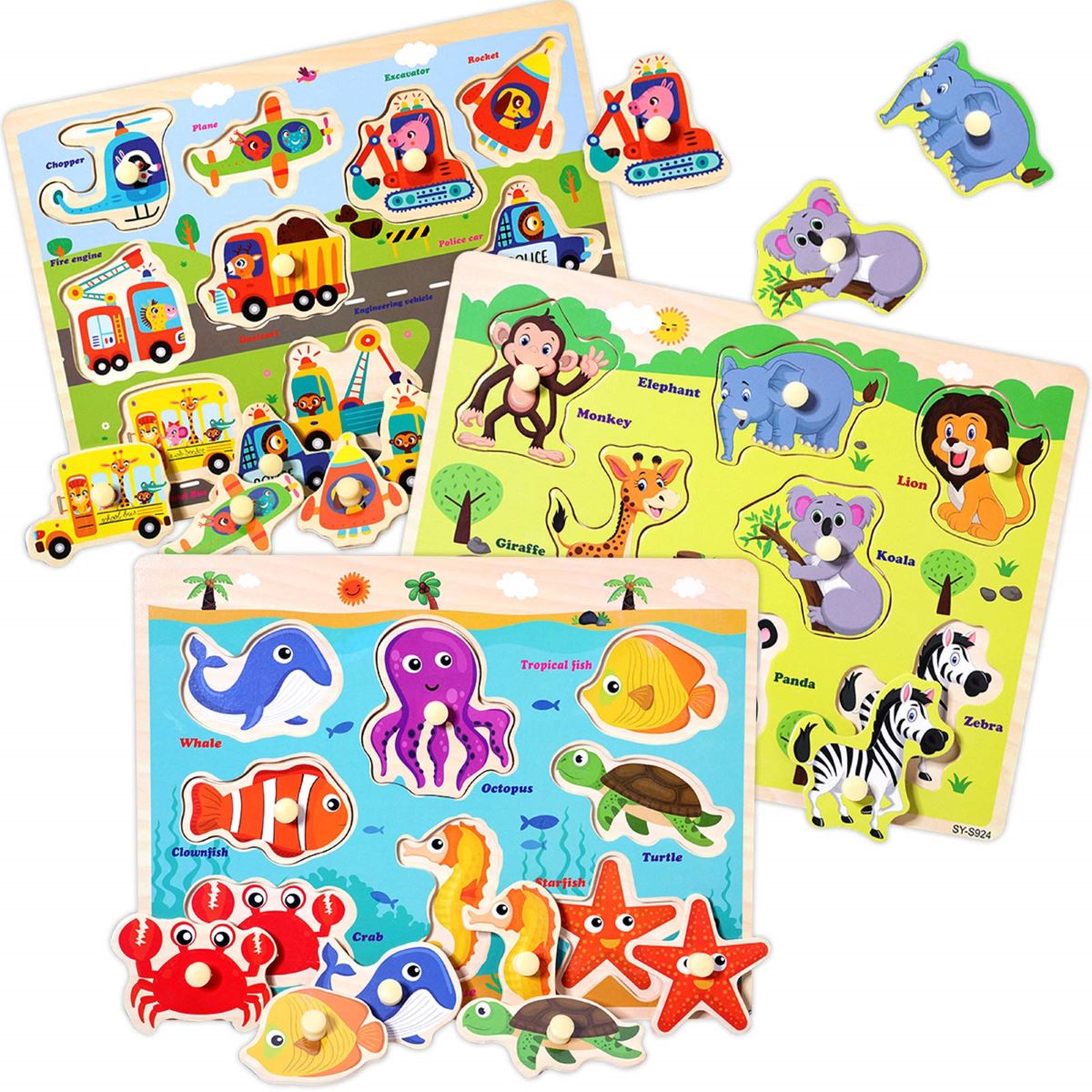
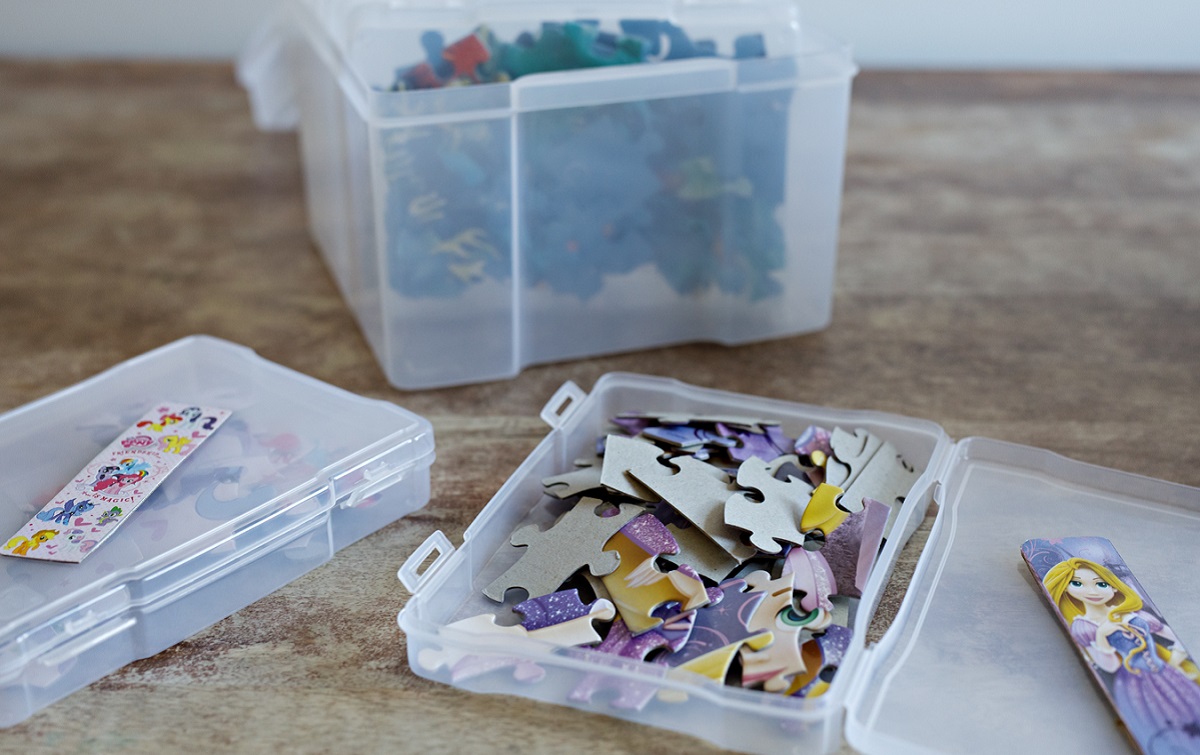
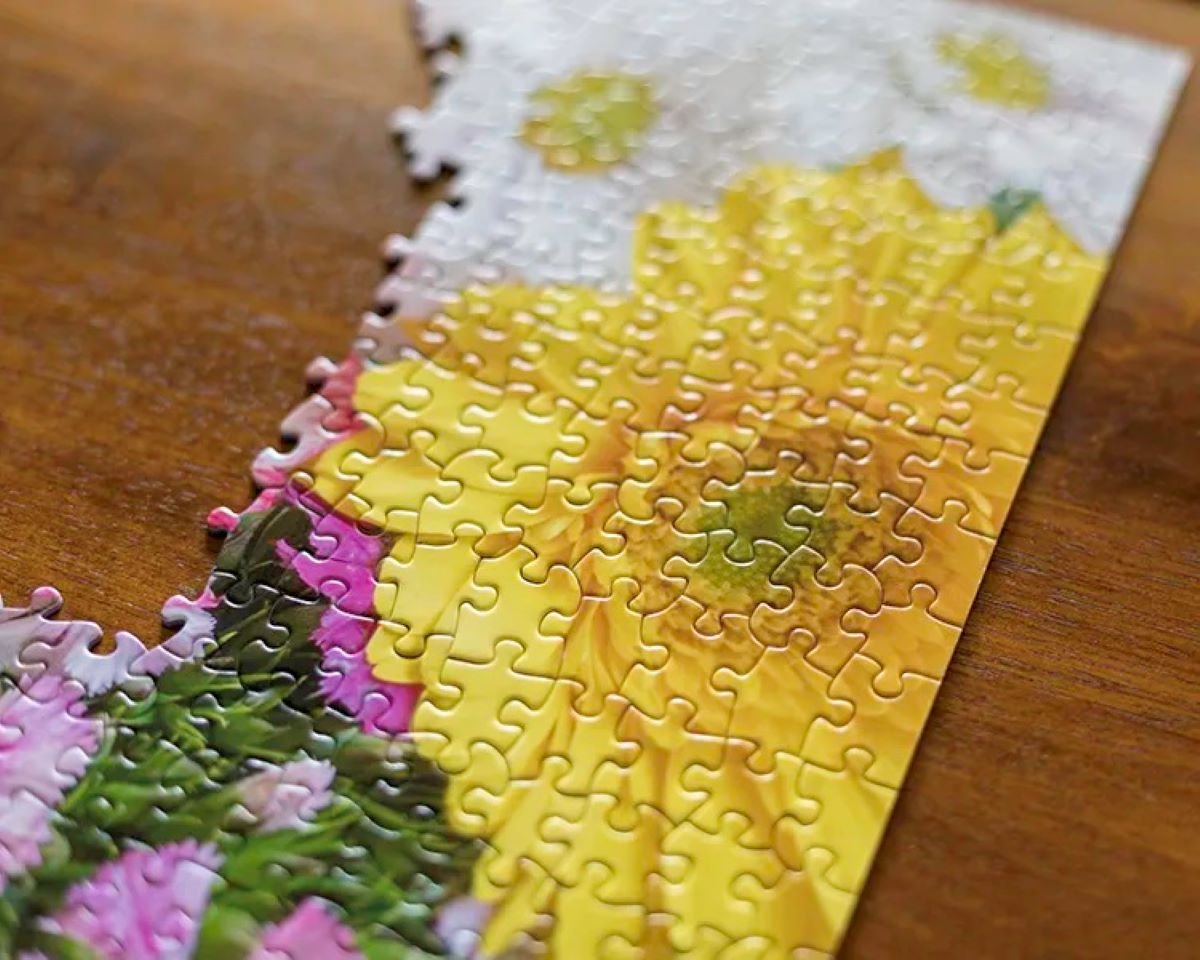
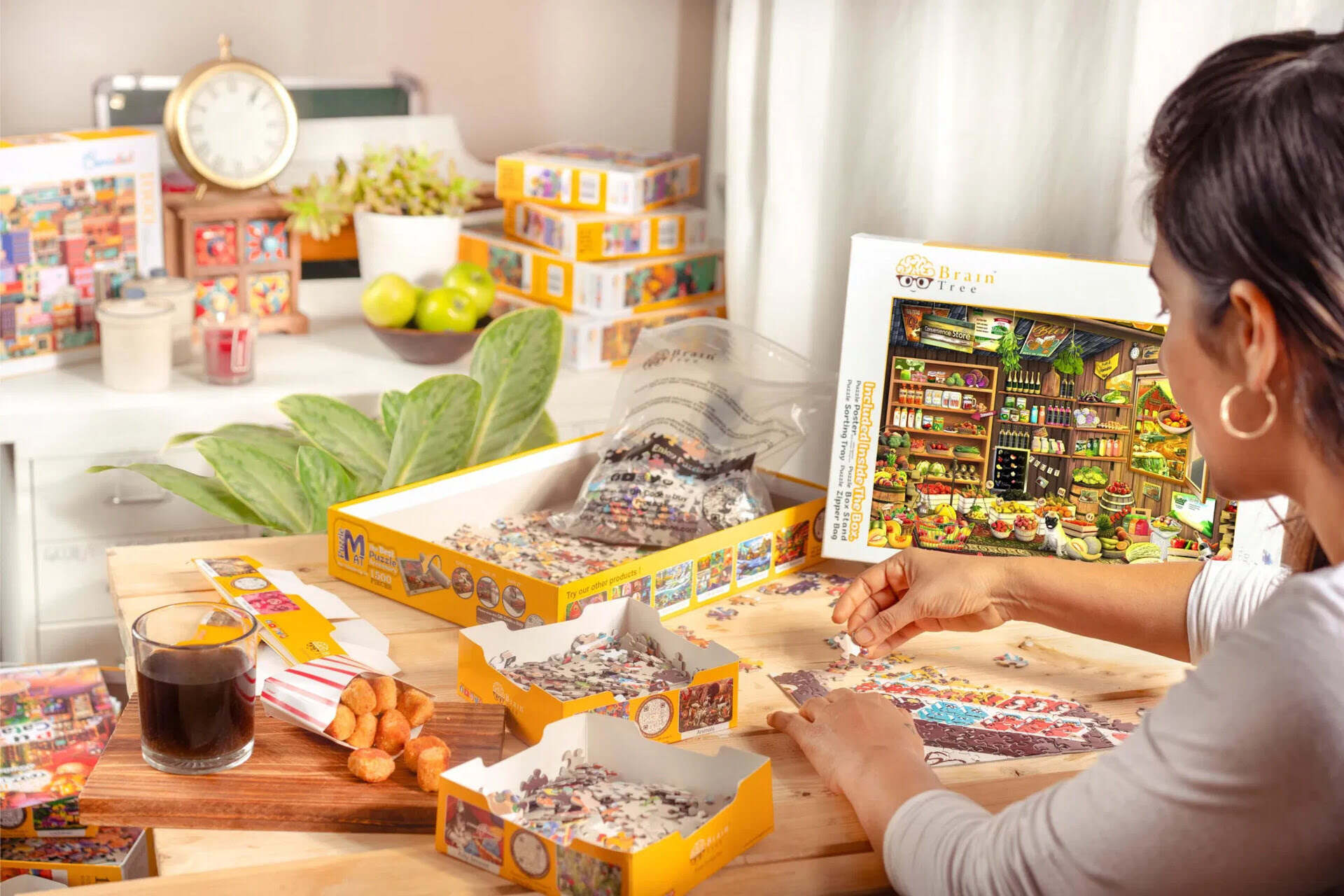
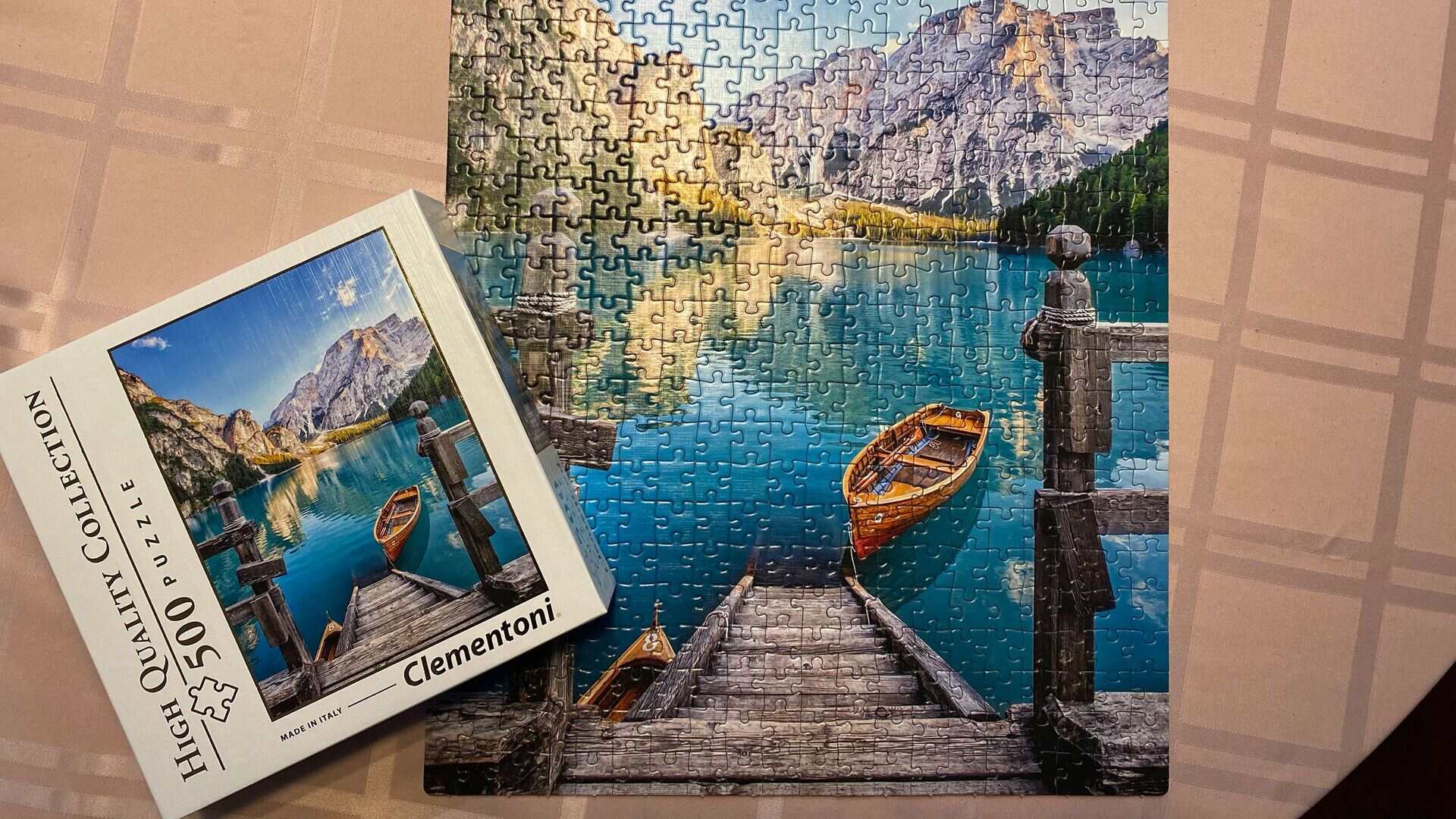
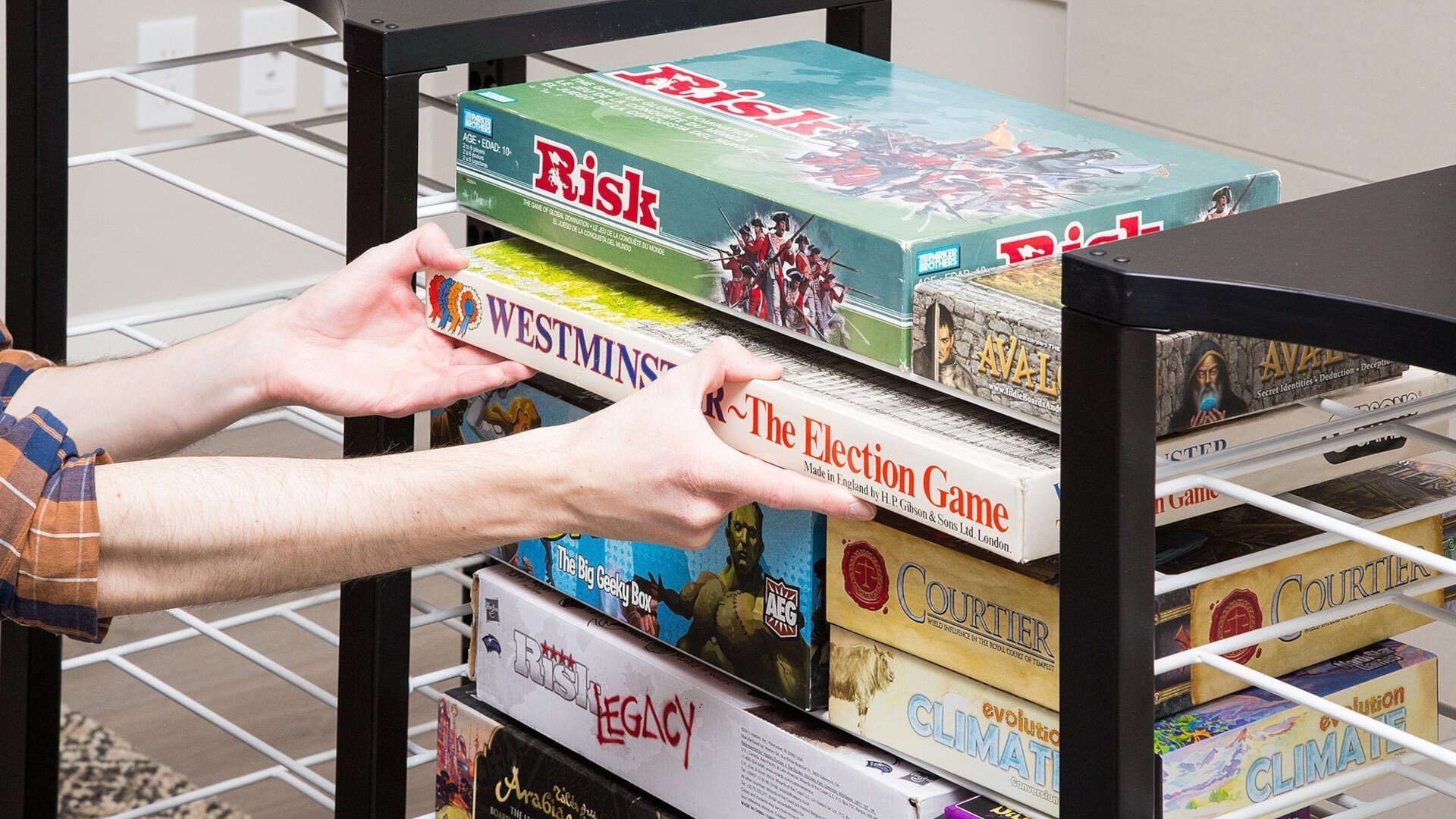
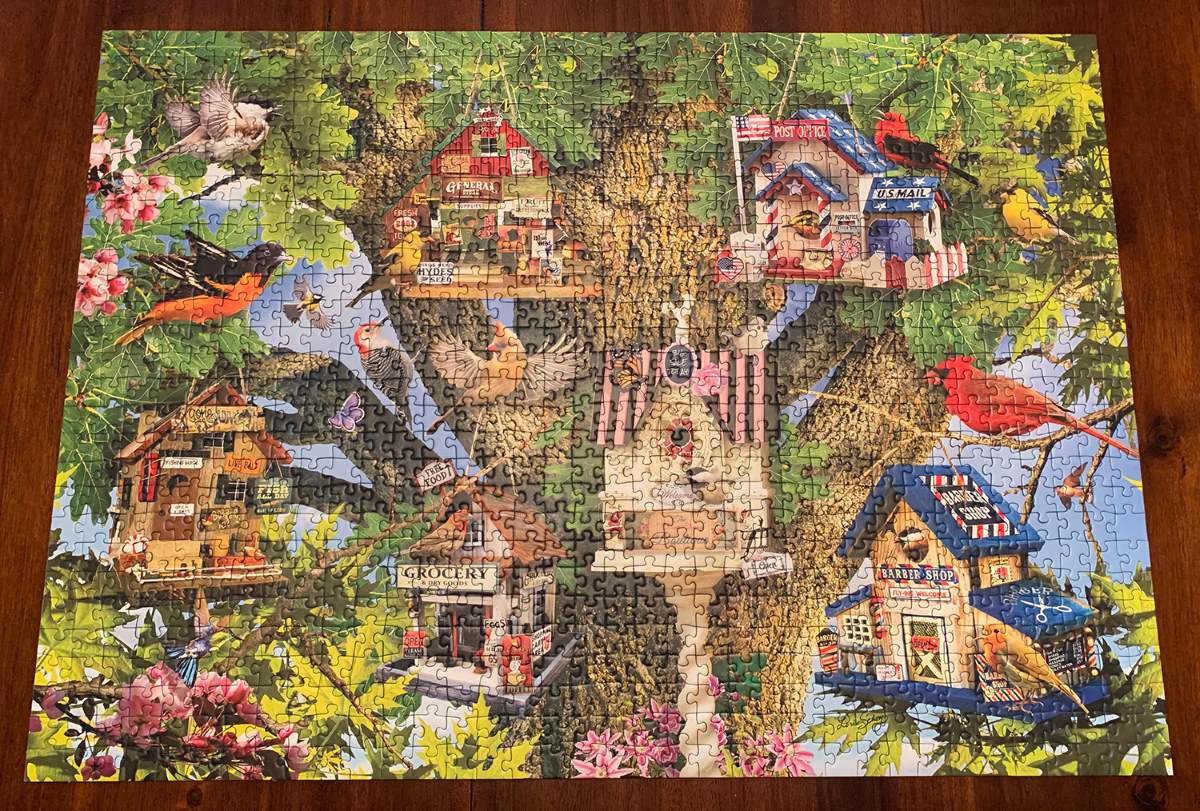
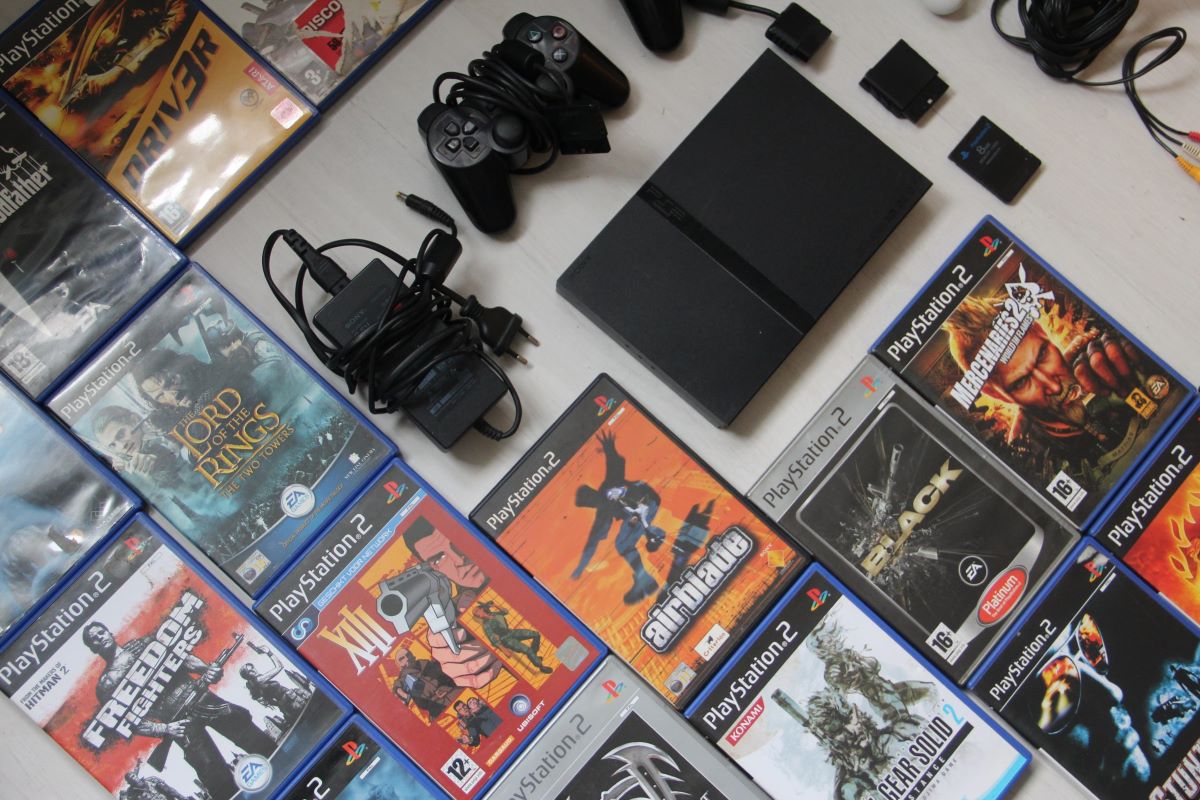

0 thoughts on “How To Store Games And Puzzles”